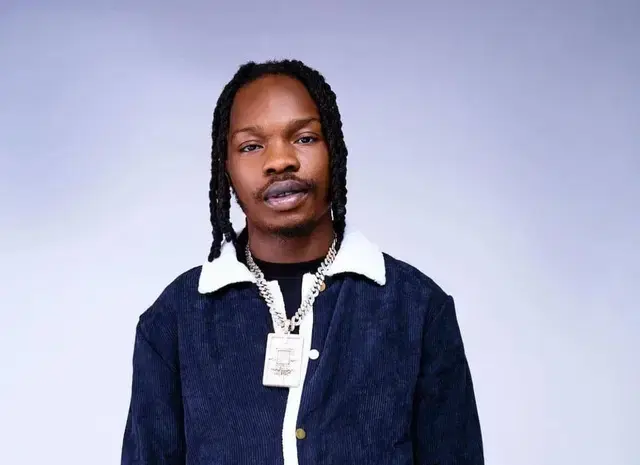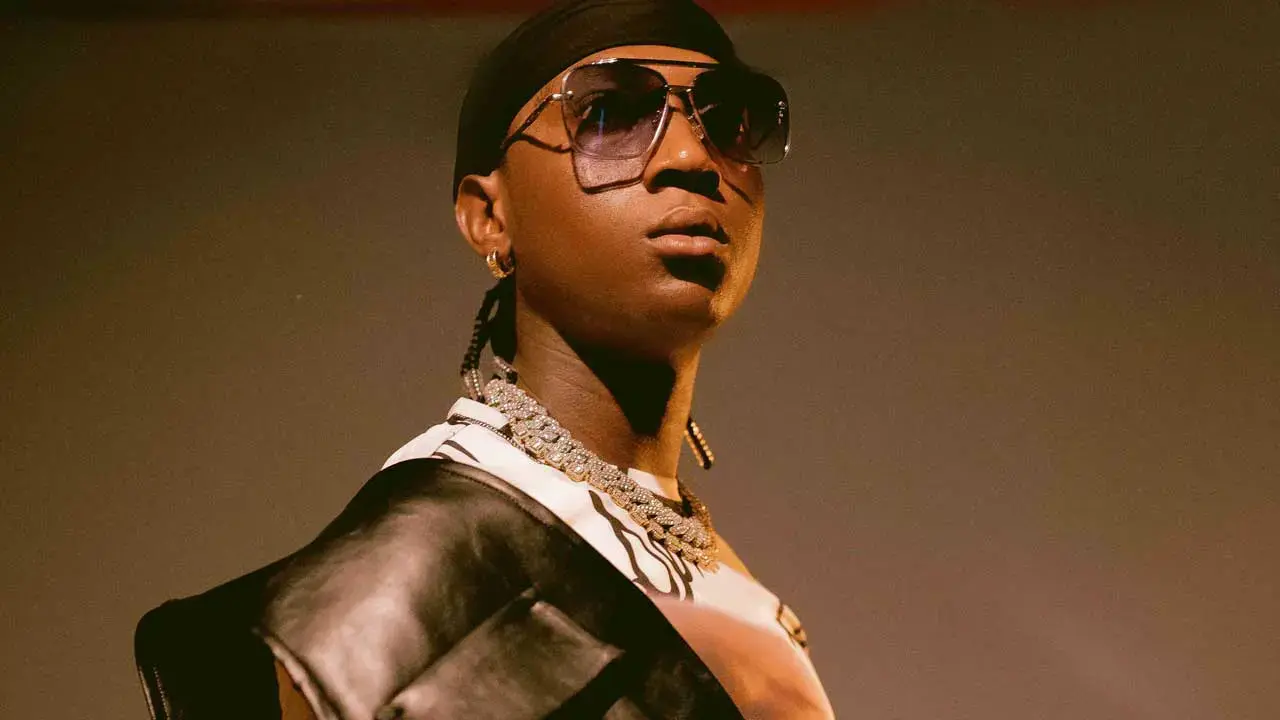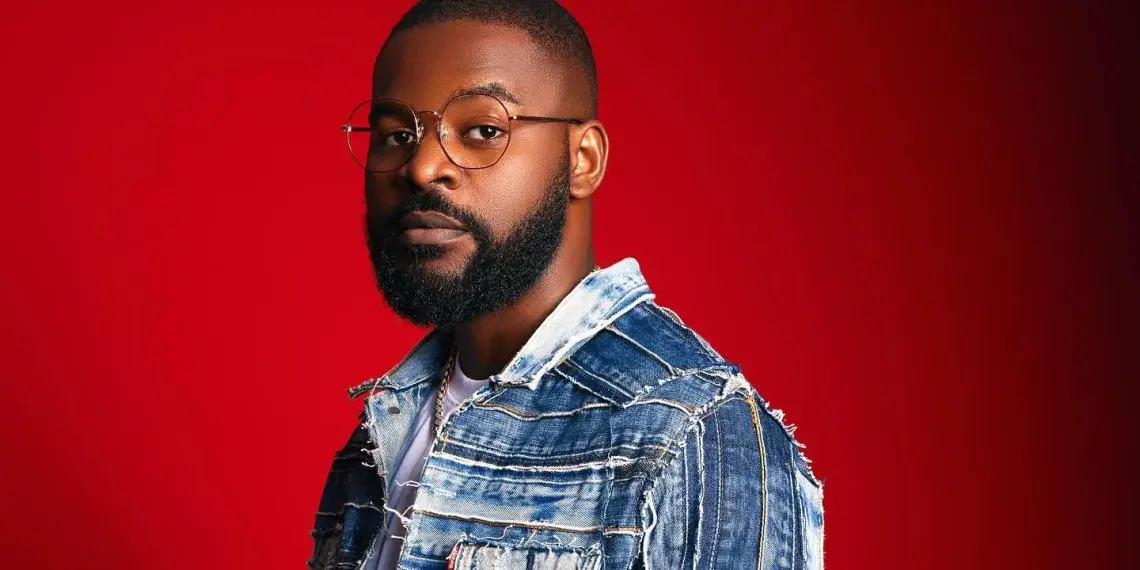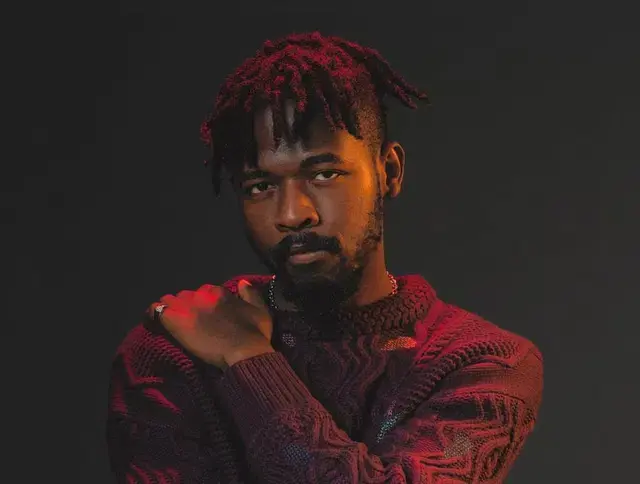Explore Our Bill Payment Services:

- Biography
- Nigeria
Naira Marley: Biography, Net Worth And Music Career
When you think of Nigerian music and street culture, one name echoes louder than most — Naira Marley. Whether you love him, criticize him, or can’t quite figure him out, one thing is certain: he has become a cultural phenomenon. From the streets of Agege to Peckham, from viral hits to police cases, from being trolled to being idolized, Naira Marley has lived a life as unpredictable as his lyrics.
This post dives deep into his biography, music journey, controversies, and financial growth, giving you the complete story of the Marlian movement’s general.
Early Life and Background
Birth and Family
Azeez Adeshina Fashola, famously known as Naira Marley, was born on May 10, 1991, in Agege, Lagos State, Nigeria. Like many Lagos-born creatives, his early environment played a massive role in shaping his resilience and sense of street smarts.
Growing up, Naira Marley was deeply influenced by the blend of Lagos’s raw, expressive culture and the disciplined structure he met later in the UK, where he relocated at the age of 11. This blend of Nigerian grit and British swagger would later define his personality and musical identity.
Education
After moving to Peckham, South London, Naira Marley attended Walworth School and later Crossways College (now Christ the King Sixth Form College). He studied Business Law, which, in an ironic twist, would become useful later in his career amid various legal challenges.
Early Musical Interests
Music wasn’t his first dream. He initially wanted to help manage other artists, not be one. But friends who noticed his rhythm and witty freestyle skills convinced him to give recording a shot. Soon, freestyles turned into studio sessions — and the “Marlians” were born before he even knew it.
The Rise of a Street Icon
The Early Grind (2014 – 2018)
Naira Marley’s official music journey began in 2014 with the release of his first EP titled “Gotta Dance.” It was a modest introduction, but his voice, confidence, and unapologetic lyrics already stood out.
Then came “Marry Juana”, a cheeky, weed-inspired track that showcased his fusion of street slang, humor, and melodic trap beats.
His breakout moment, however, arrived in 2017 with the smash single “Issa Goal” featuring Olamide and Lil Kesh. The track became a national sensation and even an anthem for the Super Eagles during the 2018 FIFA World Cup. With its catchy chorus and street-friendly rhythm, “Issa Goal” marked his entry into mainstream fame.
From Arrest to Anthem (2019 – 2020)
If 2017 was the year he arrived, 2019 was the year he exploded. His controversial hit “Am I A Yahoo Boy” sparked public debate on cybercrime and morality. Ironically, just days after releasing the song, he was arrested by Nigeria’s EFCC (Economic and Financial Crimes Commission) for alleged internet fraud.
While many thought that would end his career, it had the opposite effect — it amplified his fame. When he was released, Naira Marley came back stronger with “Soapy”, a track that not only became a street anthem but also sparked a viral dance craze.
That same year, he dropped the EP “Lord of Lamba”, which included street bangers like “Tesumole” and “Opotoyi.” The EP cemented him as the voice of the streets — rebellious, fearless, and unfiltered.
Building an Empire: Marlian Records
In December 2019, during his Marlian Fest concert in Lagos, Naira Marley announced the launch of his label — Marlian Records. His first signees included Zinoleesky, Mohbad, CBlvck, and Fabian Blu.
This move showed that he wasn’t just a street king; he was also an entrepreneur and a talent developer. Under Marlian Records, acts like Zinoleesky have gone on to become stars in their own right, proving Naira’s business acumen.
In 2022, he released his debut studio album titled “God’s Timing Is The Best.” The album explored themes of success, faith, timing, and street struggles — showing growth and introspection beyond his early “Yahoo Boy” controversies.
Music Style and Artistic Evolution
Naira Marley’s style is often described as Afro-street, a blend of Afrobeats, Hip-Hop, and Fuji influences. His music is defined by:
-
Street Slang: His lyrics are packed with Nigerian Pidgin, Yoruba, and coded street language that resonate with ordinary youths.
-
Provocative Themes: He addresses taboo topics like sex, money, crime, and rebellion, often with a humorous twist.
-
Danceability: Every Naira Marley song feels like a party. His beats are heavy, percussive, and designed to move bodies.
Songs like “Soapy”, “Opotoyi”, “Tesumole”, and “Mafo” have become staples in Nigerian clubs, creating a distinct Marlian vibe that’s equal parts carefree and chaotic.
Despite the controversies, he has evolved from pure shock value to more mature and reflective themes — as seen in tracks from God’s Timing Is The Best, where he tackles faith and growth.
Controversies and Public Image
It’s impossible to talk about Naira Marley without addressing controversy — it’s almost part of his brand.
The EFCC Saga
In May 2019, Naira Marley was arrested alongside rapper Zlatan Ibile on suspicion of cyber fraud. His case gained massive media attention. Although he pleaded not guilty and was released on bail, the entire ordeal turned him into a symbol of defiance for Nigerian youth.
Public Reactions
While some saw him as promoting fraud or immorality, others viewed him as a mirror of society — an artist using satire to expose the hypocrisy of Nigerian systems.
Record Label Drama
The tragic passing of former Marlian Records signee Mohbad in 2023 reignited public scrutiny of Naira Marley. Allegations and rumors swirled online, leading to widespread backlash. Though he denied any wrongdoing, it remains one of the darkest chapters in his career.
Still, despite these controversies, Naira Marley’s core fan base — the Marlians — remains fiercely loyal.
Naira Marley’s Net Worth and Income Streams
As of 2025, Naira Marley’s estimated net worth stands between $3 million and $4 million, depending on how his assets and label earnings are calculated. Let’s break down the sources:
1. Music Royalties and Streaming
Songs like Soapy, Am I A Yahoo Boy, Tesumole, and Issa Goal continue to generate steady revenue on Spotify, Apple Music, YouTube, and other platforms.
2. Live Performances
Naira Marley is one of the most sought-after performers in Nigeria’s street music scene. His Marlian Fest concerts draw massive crowds, and he reportedly earns millions from shows, endorsements, and event appearances.
3. Marlian Records
As the founder and CEO of Marlian Records, Naira Marley earns royalties from signed artists and publishing rights. This label income provides long-term sustainability beyond his solo career.
4. Endorsements and Brand Partnerships
Though fewer in number due to his controversial image, Naira Marley has worked with several local brands. His popularity among the youth ensures his brand collaborations still carry strong influence.
5. Real Estate and Assets
Reports suggest that he owns properties in Lekki and other high-end Lagos neighborhoods. His car collection allegedly includes luxury rides such as a Bentley Continental, Range Rover, and Mercedes-Benz G-Wagon.
6. Merchandising and Social Media Influence
The Marlian brand has evolved into a lifestyle — with merchandise, apparel, and online influence contributing to his income. His social media platforms (especially Instagram) also generate advertising revenue.
Challenges and Criticisms
For every hit, there’s a headline. Naira Marley has faced:
-
Legal challenges with ongoing EFCC cases.
-
Moral criticisms for his lyrics and stage antics.
-
Industry feuds and fan controversies over his persona.
However, rather than breaking him, these challenges have shaped his resilience. He has turned every scandal into publicity — a testament to his strategic understanding of fame in the social media era.
Where Naira Marley Stands Today
In 2025, Naira Marley is no longer just a musician — he’s a movement. His label continues to produce street anthems, his fanbase remains active, and his influence on the Afro-street subgenre is undeniable.
He has grown from a controversial artist into a cultural force — one who redefined what it means to be a Nigerian artist from the streets. His music continues to dominate playlists, and his story remains an ongoing case study in fame, resilience, and branding.
Conclusion
Naira Marley’s journey is far from ordinary. From Agege boy to UK student, from EFCC suspect to record label boss, his path is a reminder that success can come from the most unexpected routes.
His estimated net worth of $3–4 million reflects not just financial success, but also the value of influence, risk-taking, and reinvention.
Love him or hate him, Naira Marley remains a symbol of modern Nigerian youth culture — rebellious, expressive, and unbothered. He didn’t just make music; he created a movement. And as Afrobeats continues to conquer global charts, it’s clear that the Marlian King has already written his name in its history.









